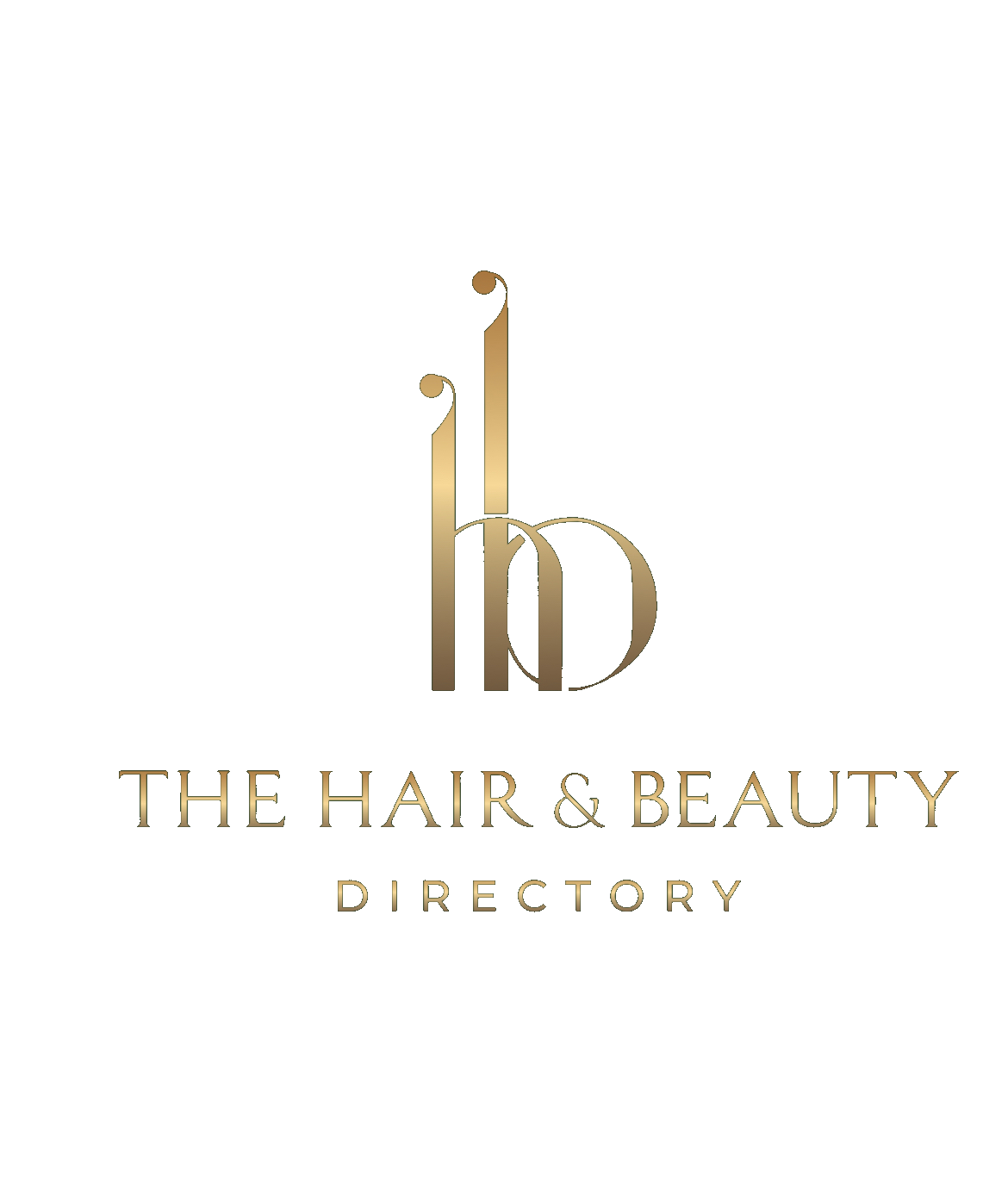Who's Teaching You? The Importance of Researching Hair and Beauty Courses
Who's teaching you?
When it comes to beauty training, especially online, who’s teaching you is just as important as what you’re learning.
Anyone delivering training, even for short workshops, should hold some form of teacher training certificate. Teaching isn’t just about being skilled at a treatment, it’s about being able to communicate knowledge effectively, support learning styles, answer complex questions, and give meaningful feedback.
That said, the type of course you’re taking plays a big role in how much weight to give their teaching qualifications.
When Qualifications Really Matter
If you're enrolling in a formal beauty qualification, such as your full Beauty Therapy diploma, Body Massage certification, or advanced treatments like Skin Needling, your educator should hold a Level 3 Award in Education and Training (AET) at a minimum.
For qualifications that are OFQUAL-regulated, the trainer is typically required to have a Certificate in Education (Cert Ed) or an equivalent teaching qualification. This isn’t just a nice-to-have, it’s a requirement in most cases, especially when assessments and national standards are involved.
Having a trained educator ensures you’re learning in a structured way, with someone who understands not just the treatment but how to teach, assess, and support learners through the process. This becomes particularly important when client safety, hygiene, and technical performance are involved.
But... a Teaching Qualification Isn’t Always Essential
That said, not every course needs a formally qualified tutor and that doesn’t mean the training isn’t valuable.
For non-regulated courses, skills workshops, or creative refreshers like lash styling, brow artistry, nail art, or facial massage techniques a teaching qualification isn’t necessarily required. What matters more is the trainer’s expertise, real-world experience, and ability to deliver knowledge clearly and effectively.
In fact, some of the most respected educators in the beauty industry started as top-tier therapists or creatives, gradually moving into teaching without holding formal education certificates at first. If someone has built a strong reputation, runs a successful business, and is known for producing skilled students, that says a lot even without a teaching cert.
The key is to match the course to the context. If you're gaining a full qualification, the course should meet formal standards. If you're upskilling or learning from a specialist, experience and style might matter more than paperwork.
What to Look For Instead of a Teaching Cert
If a course doesn't require a formal teaching qualification, here’s what to check:
-
Do they have industry credibility?
Look at their work history, results, and student outcomes. -
Do they specialise in what they’re teaching?
Are they known for that treatment in particular? -
Are past students recommending them?
Reviews and word-of-mouth matter more than marketing. -
Do they explain things clearly?
Great teachers communicate well, whether they’re certified or not. -
Is there follow-up support?
Good trainers don’t just hand you a certificate and disappear.

Login
Sign Up